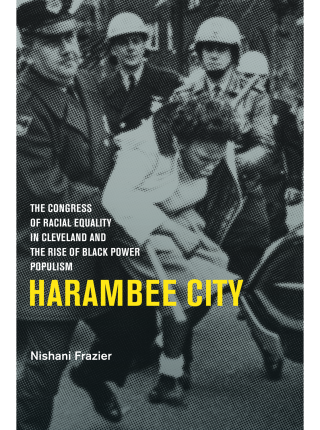Historian Frazier (Miami Univ.) uses extensive oral histories and archival sources to provide a detailed account of the mid-20th-century intermittent development of the Cleveland Congress of Racial Equality (CORE). Supporting analysis of CORE’s national leadership frames the Cleveland story. Acknowledging both the ideals put forth in organizational materials and the reality of members’ actions, she shows how conflicts over interracialism and nonviolence played out at local and national levels. Frazier also demonstrates the organization’s dependency on individual leaders (many of them women) and financial support. Her account joins those of other scholars in tracing the historical development of black power prior to 1966. In this case, black leadership that emphasized self-determination emerged in Cleveland CORE in the early 1960s. The chapter’s wide-ranging struggles with school desegregation, McDonald’s, and the Ford Foundation illustrate the complexities of the black freedom movement in the urban North. Particularly useful is Frazier’s examination of CORE’s embrace of communal capitalism as a foundation of economic development in the late 1960s.
Summing Up: Recommended. Upper-division undergraduates and above.
—Choice Reviews, October 2017

